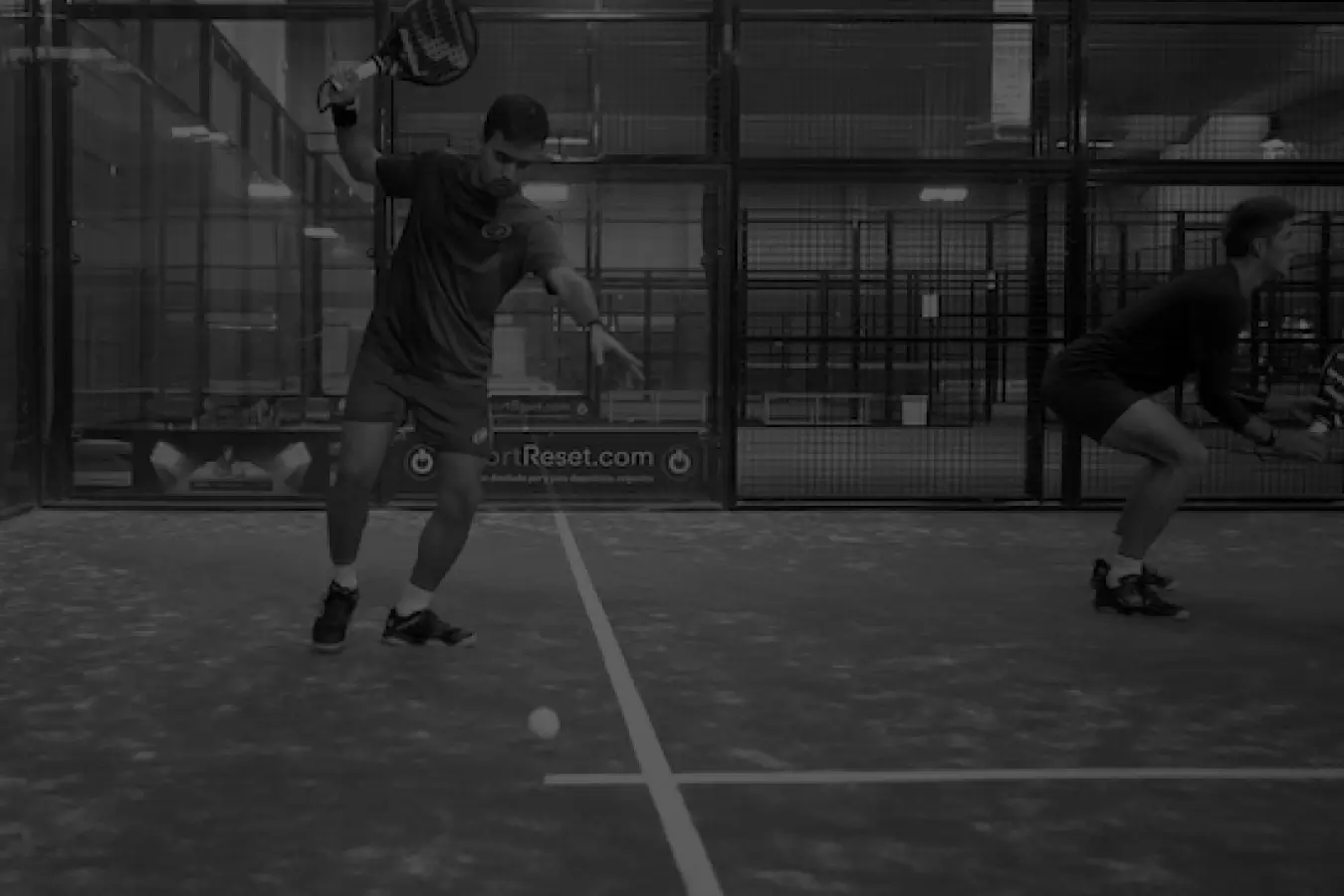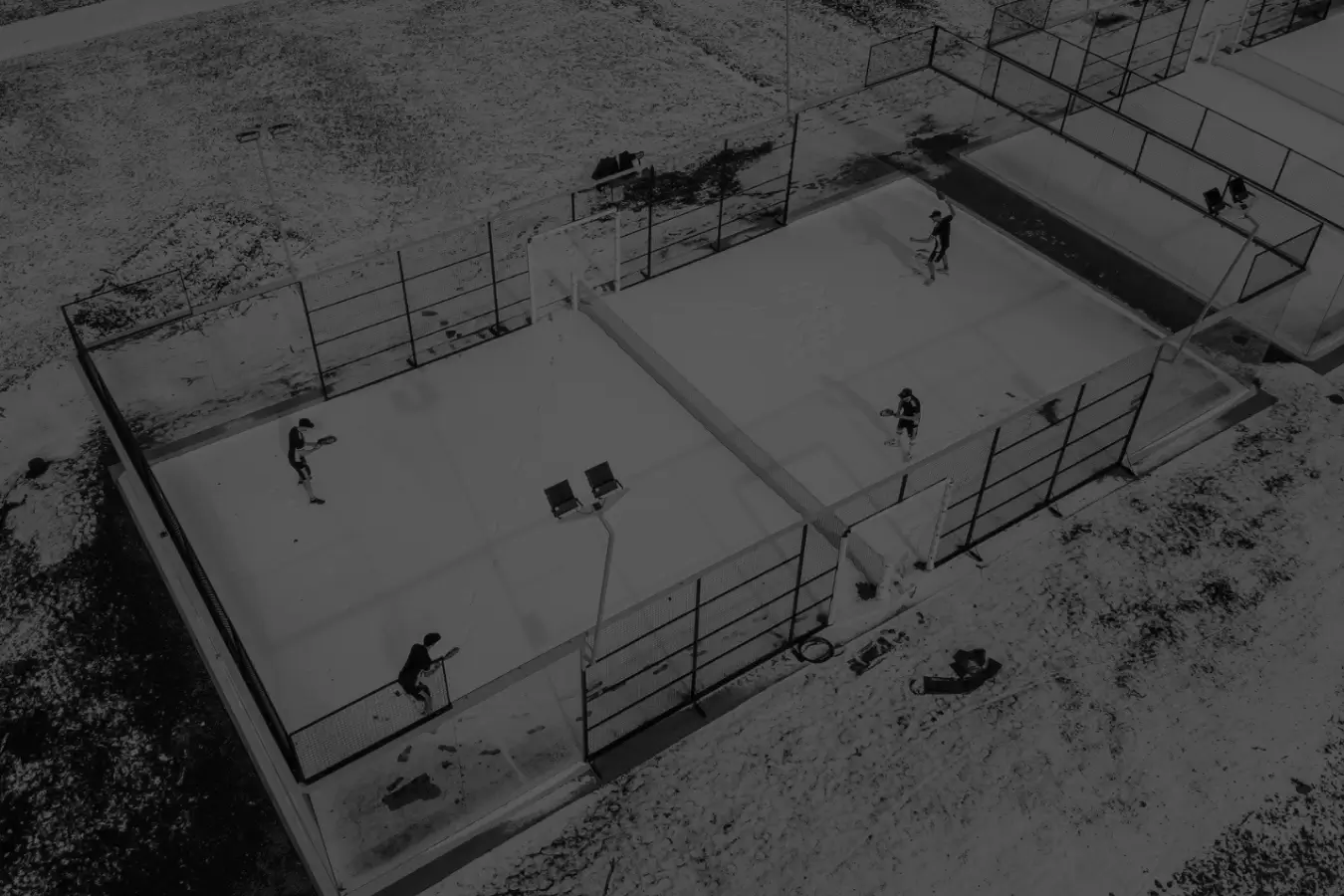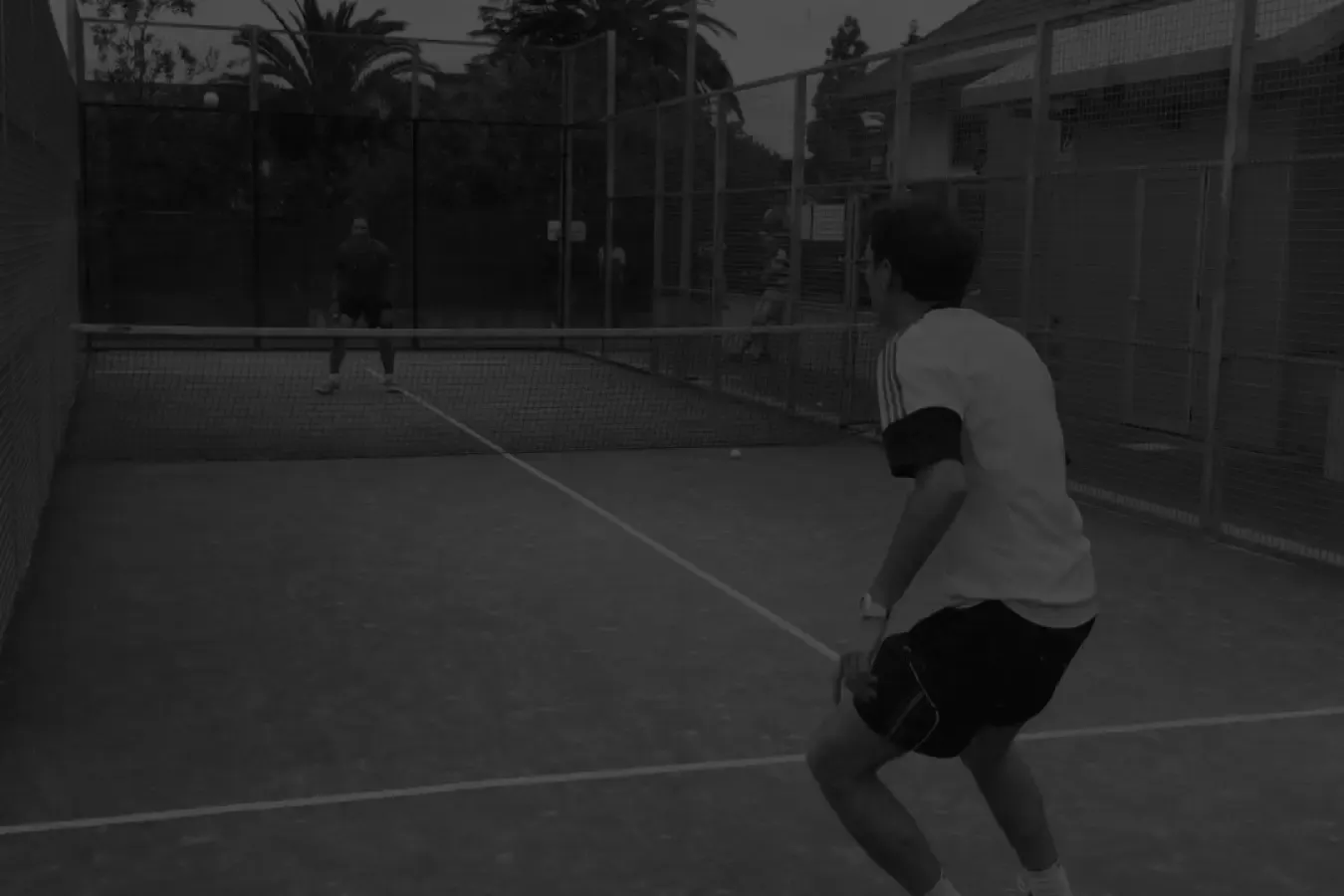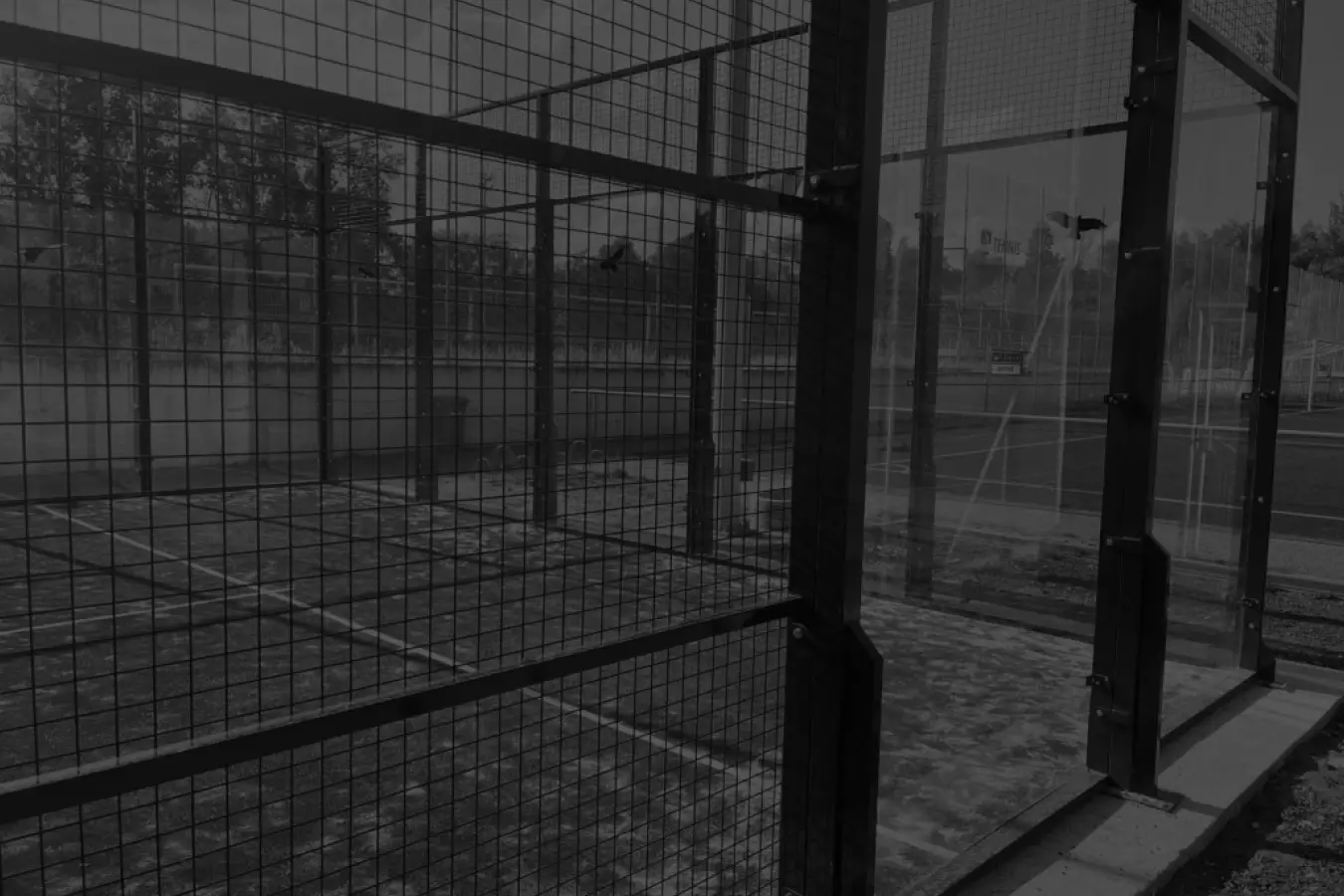Starting as a Freelance Padel Coach: Everything You Need to Know
So, you’re thinking about becoming a freelance padel coach? Great choice! Padel isn’t just a sport; it’s a growing phenomenon, and as the demand for skilled coaches rises, you’ve picked the perfect time to step into this exciting career. But how do you start, and more importantly, how do you succeed? Let’s break it down.
The Short Answer: What Does It Take?
Starting as a freelance padel coach comes down to three main steps:
- Get Certified: A proper certification gives you the skills and credibility to coach players effectively.
- Find Your Clients: Network with clubs, host clinics, and build a solid reputation.
- Treat It Like a Business: From setting rates to marketing your services, you’re not just a coach—you’re an entrepreneur.
Simple, right? Now, let’s go into detail.
Why Freelance Coaching Is the Way to Go
Imagine this: you’re in charge of your own day, deciding when and where you work. You’re not stuck in a rigid schedule dictated by a club, and you can focus on what matters most to you—helping players grow and enjoying the game you love. Freelancing as a padel coach gives you the kind of flexibility and autonomy that traditional club jobs just can’t match.
Set Your Rates
You get to decide what your time is worth. Whether you charge premium rates for one-on-one coaching or offer more affordable group sessions, the choice is yours. You’re no longer limited by club-imposed pricing structures, and you can adapt your rates based on demand, location, or the unique value you bring.
Choose Your Clients
Freelancing allows you to work with the players who resonate with your coaching style. Whether you love training beginners, fine-tuning intermediate players, or pushing advanced competitors to the next level, you can focus on the type of clients you enjoy coaching the most.
Diversify Your Services
Unlike working for a club, where you might be restricted to one type of lesson, freelancing lets you expand your offerings. You can run private lessons, group clinics, weekend workshops, or even specialized sessions like strategy-focused training or tournament preparation. This variety not only keeps your work exciting but also creates multiple revenue streams.
The Challenges of Freelancing
Of course, with great freedom comes great responsibility. Freelancing means you’ll wear many hats: coach, marketer, accountant, and scheduler. You’ll need to find your own clients, manage your time effectively, and ensure your income is stable enough to cover expenses. It’s not always easy, but for those who embrace the challenge, the rewards are well worth it. You’re in control of your career, and that kind of freedom is priceless.
Freelancing does come with its challenges—you’ll have to manage marketing, finances, and bookings—but the freedom to shape your career your way makes it worth it.
Step 1: Get Certified (Because Passion Isn’t Enough)
Loving padel and being good at it doesn’t make you a coach. Players need someone who understands the technical, tactical, and psychological sides of the game. A certification program gives you the tools to coach effectively while also giving you credibility.
Look for organizations offering internationally recognized certifications. Some focus on technical training, while others dive deeper into club management and player development. Choose a program that suits your goals. This step is essential because no matter how good you are at padel, people trust credentials.
Step 2: Build Your Coaching Brand
Here’s the deal: if people don’t know you exist, you won’t get clients. Building a strong, personal brand helps you stand out.
Define Your Coaching Philosophy
What makes your approach different? Are you all about technique? Do you focus on mental strategies? Find your niche and let it guide everything you do.
Create a Professional Online Presence
This is non-negotiable. Players and clubs need to find you online. Here’s what to do:
- Build a website showcasing your services, certifications, and testimonials.
- Use social media (Instagram, TikTok, or YouTube) to share tips, drills, and padel strategies.
- Respond to messages quickly to show you’re approachable and professional.
Word of Mouth
Don’t underestimate how powerful this is. Happy clients tell their friends. Every session you coach is a potential marketing opportunity.
Step 3: Treat Coaching Like a Business
Being a freelance padel coach isn’t just about giving great lessons; you’re running a small business. This means managing your finances, booking clients, and keeping your schedule organized.
Set Your Rates
Pricing can be tricky. Start by researching what other coaches in your area charge. Consider:
- Your experience.
- Whether you’re coaching individuals or groups.
- Costs for renting court time (if applicable).
Offering package deals (e.g., 5 lessons for a discount) can attract clients and ensure repeat bookings.
Simplify Bookings
An online booking system is a lifesaver. Apps like Padelcal or CoachUp allow clients to see your availability and book sessions without endless back-and-forth messaging.
Track Your Finances
Keep a record of all your income and expenses. Use accounting software or hire a bookkeeper if numbers aren’t your thing. Remember, as a freelancer, you’ll need to handle taxes, so staying organized is crucial.
Step 4: Find Your First Clients
This is where the hustle begins. Without clients, you’re just a player holding a clipboard. Luckily, there are plenty of ways to find people who want coaching:
Network with Padel Clubs
Local clubs are goldmines for finding clients. Offer to host an introductory clinic or volunteer at tournaments to showcase your skills.
Leverage Social Media
Share engaging content. Post videos of drills, tips for improving gameplay, or even funny moments from lessons. Being active online keeps you visible.
Run Free Sessions (At First)
To get started, offer free or discounted lessons to a few players. These sessions give you experience, testimonials, and referrals—all of which help you land paying clients.

Step 5: Keep Learning
Even the best coaches never stop improving. Stay ahead of the game by:
- Attending workshops or advanced certification programs.
- Learning new drills and techniques to keep your sessions fresh.
- Connecting with other coaches to exchange tips and strategies.
Padel is a dynamic sport, and players appreciate coaches who stay on top of trends.
The Challenges of Freelance Coaching (and How to Beat Them)
Let’s be real: freelancing isn’t always smooth sailing. Here are a few common hurdles and how to overcome them:
Unpredictable Income
One of the biggest challenges of freelancing is the inconsistent cash flow. You might have weeks where your schedule is packed and others where the bookings slow to a trickle. This uncertainty can be stressful, especially if you rely solely on coaching as your main source of income.
Solution:
Plan ahead by offering packages that incentivize long-term commitments. For example, sell a bundle of 10 lessons at a discounted rate. This gives you upfront income while securing future sessions. Another option is to organize group sessions. Group coaching not only allows you to earn more per hour by splitting costs among several clients, but it also creates a sense of community that can keep players coming back. These strategies help smooth out the income rollercoaster and provide more stability.
Burnout
Freelance padel coaching can be physically and mentally draining. Early mornings, late evenings, and back-to-back sessions can leave you feeling wiped out. Plus, managing your business adds another layer of stress.
Solution:
Make self-care a priority. Schedule regular breaks into your week to recharge. This doesn’t just mean taking time off the court—it’s about setting boundaries with clients and carving out personal time for rest or hobbies. Also, don’t overbook yourself. Saying “no” to a session now and then is better than pushing yourself to the point of exhaustion. Remember, your energy and enthusiasm are key to delivering great coaching sessions, and you can’t give your best if you’re running on empty.
Competition
In the growing world of padel, more coaches are entering the market every day. It’s easy to feel like you’re just another option on the list, especially when clients have access to multiple trainers.
Solution:
Your unique strengths are your biggest asset. What sets you apart? Maybe it’s your ability to break down technical concepts in a way that clicks with beginners, or perhaps it’s your motivational style that keeps clients pumped. Lean into those qualities and market them. Be personable, approachable, and consistent. Players often choose coaches based not only on skill but also on who they feel a connection with. Engage with your clients, celebrate their progress, and show genuine enthusiasm for their improvement. People book coaches they trust and enjoy being around—not just the ones with the fanciest certifications.
The Big Picture: Coaching Is About People
At its core, coaching is a people business. You’re not just teaching someone how to hit a better backhand; you’re inspiring confidence, building relationships, and helping players enjoy the game more. This human connection is what makes coaching so rewarding—and why players will keep coming back to you.
Frequently Asked Questions About Starting as a Freelance Padel Coach
Do I need to be a professional player to coach padel?
No, but you do need a solid understanding of the game and coaching certification. Coaching is about teaching, not just playing.
How much can I charge for padel coaching?
It depends on your experience and location. Research local rates and start with competitive pricing.
What’s the best way to find clients?
Network with clubs, use social media to showcase your skills, and encourage happy clients to spread the word.
4. How do I manage bookings and payments?
Use online booking platforms like Padelcal to simplify the process. They make scheduling and payments easier for both you and your clients.
How do I keep improving as a coach?
Stay curious. Attend workshops, connect with other coaches, and always look for ways to enhance your sessions.
Starting as a freelance padel coach isn’t just a career; it’s an adventure. With the right mix of skills, passion, and hustle, you can turn your love for the game into a thriving business. So, grab your racket and get started—your future clients are waiting.















Discussion